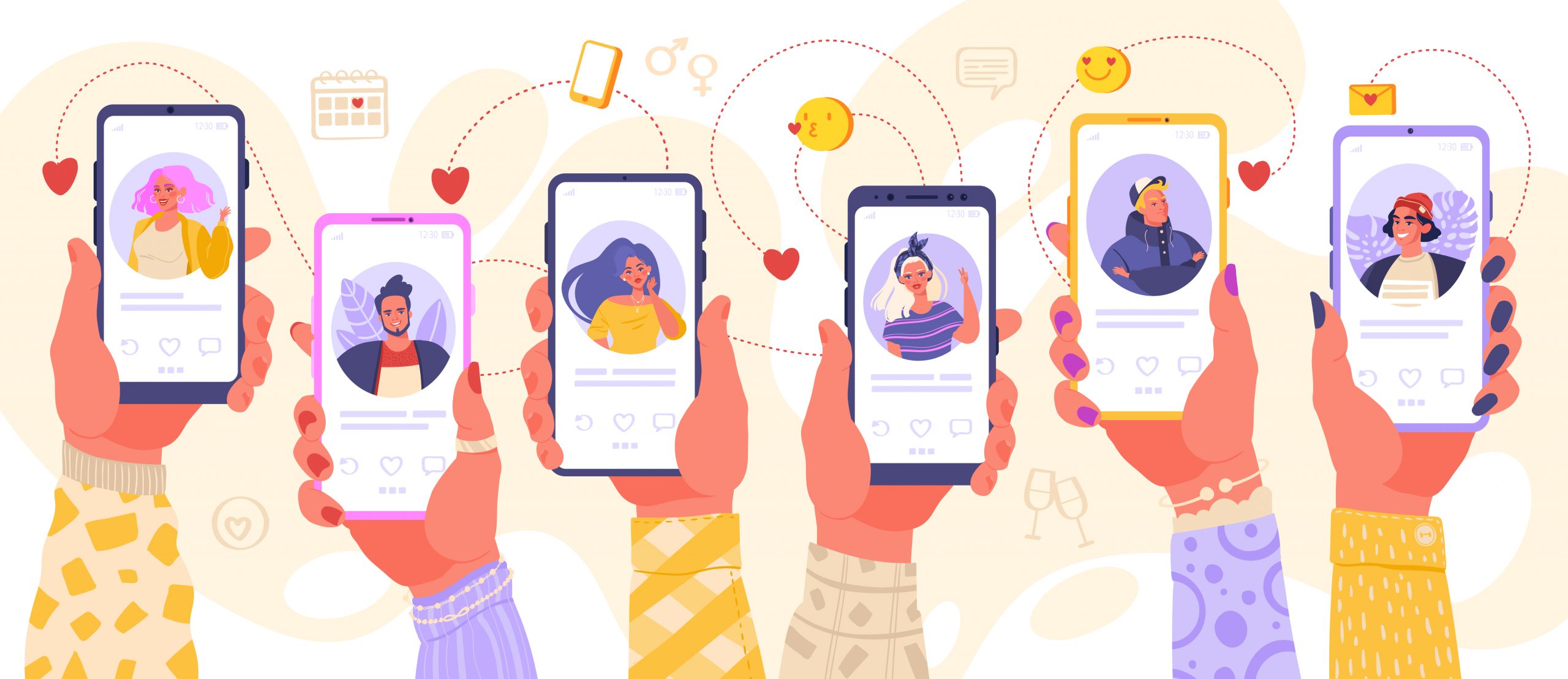Your pocket relationship manager

In late 2019, a U.S.-based dating platform launched a speed-date video chat feature. This was marketed as a way to avoid “bad first dates” by allowing matched users to have a two-minute video chat as a digital first date. Users who achieve a sufficient “League score” (influenced partly by frequent engagement with the app and compliance with community rules) can access a feature that allows them to opt in to a sustained conversation, allowing them to plan an in-person meeting.
Beyond the incremental innovation of video chat, this weak signal is interesting because it could foreshadow a deeper involvement by dating platforms in users’ relationships. By facilitating the first face-to-face conversation between users, League Live could be seen as “hosting” their first (brief) date. Instead of solely relying on a strategy of horizontal relationship building (i.e. many matches with many people), dating platforms could pursue “vertical integration” strategies, in which they play an ongoing role in longer-term relationships. This approach might allow platforms to collect much more data and promote longer engagement with the app.
Platforms might find ways to maintain presence in extended relationships between users beyond matching to meeting, dating, cohabitating, marriage or similar arrangements, providing counseling services, or even facilitating the end of relationships. In this scenario, a platform might act as more of a digital relationship manager that evolves as the connections of its users change, grow, or dissipate. Could dating platforms even aspire to intergenerational consumer loyalty among the generation born of those original matches?
The design and assumptions built into platforms could influence users’ options and tools for choosing and navigating relationships. The way the platforms are coded may in this way could incentivize, normalize, and discourage various kinds of relationships and relationship projects in the future. In the context of periods of physical distancing, platforms could offer ways to enhance feelings of meaningful connection from an increasing number of virtual and remote relationships.
Questions for consideration
- What does the second date on a relationship platform look like? The tenth? What features might a platform add to promote continued engagement from users?